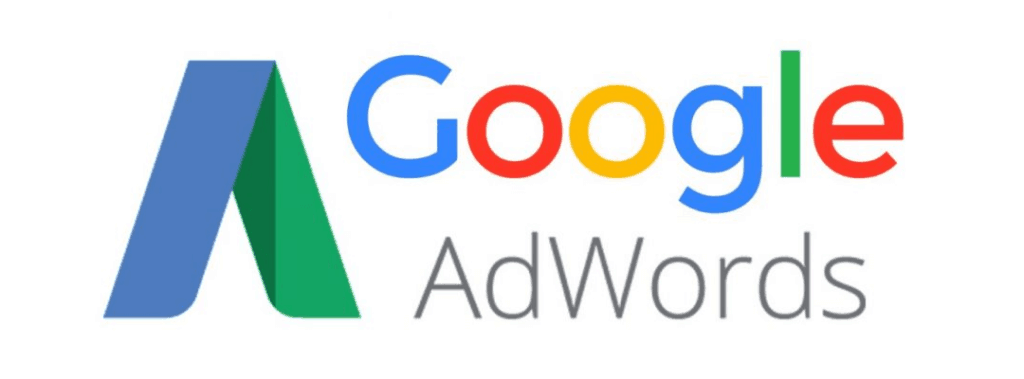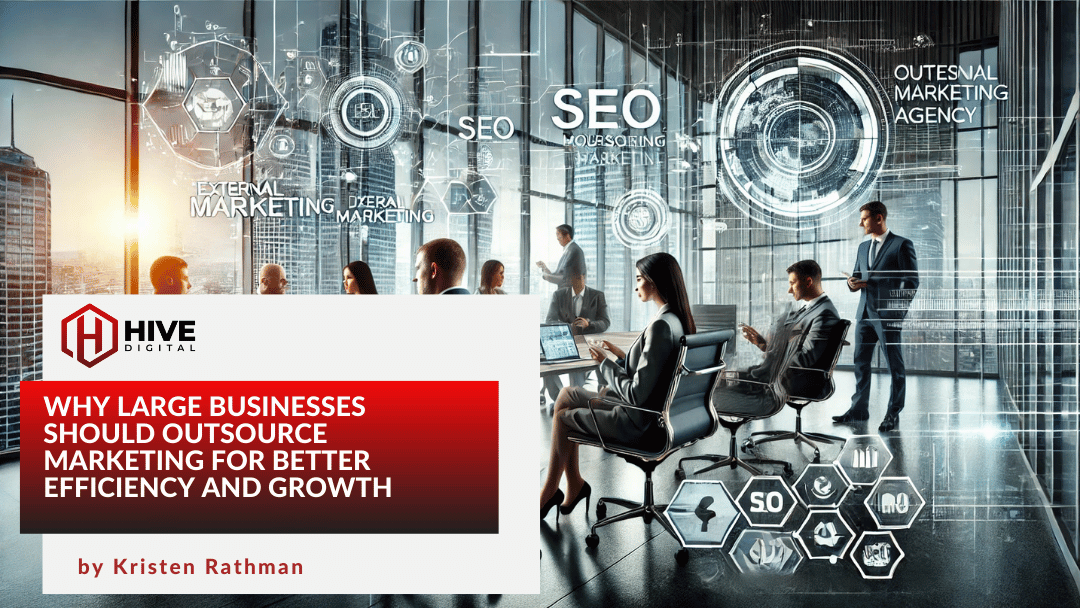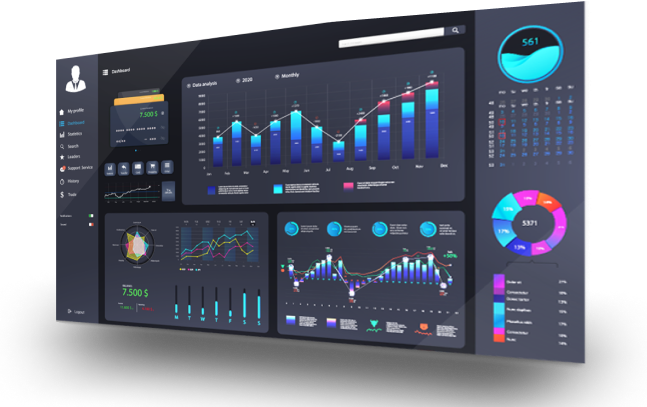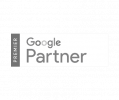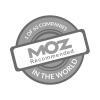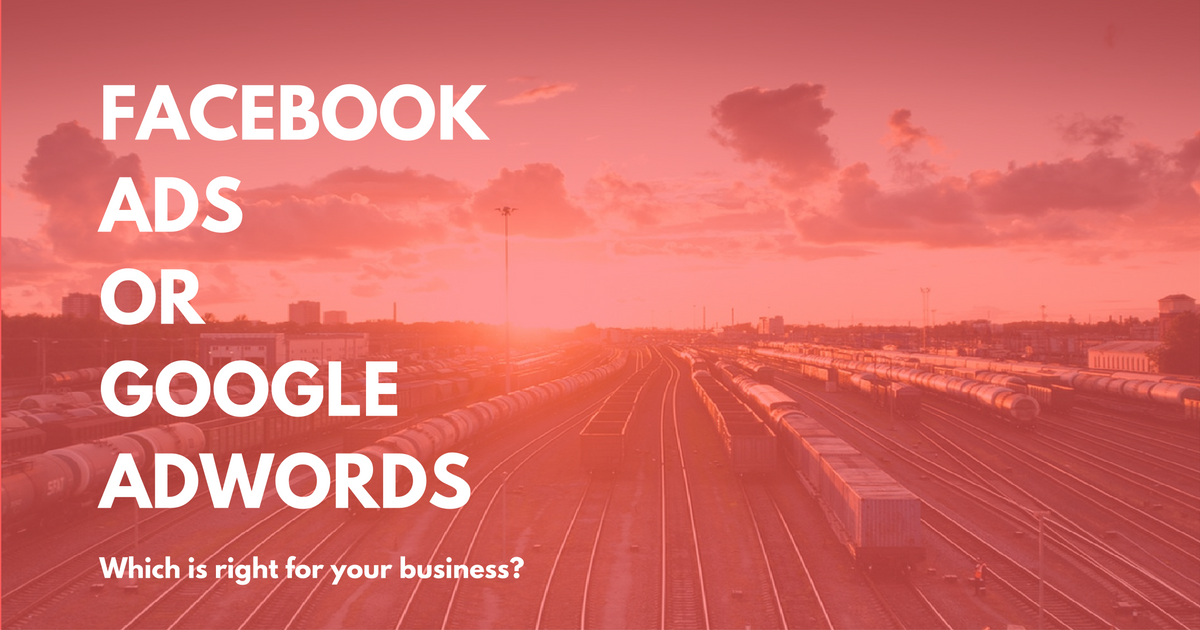
For years now, many businesses have chosen to run advertisements on Facebook’s social network, or Google’s search and display network. In a way, common knowledge has precluded very many businesses from going cross-network and running a multi-pronged digital ad strategy. Traditional wisdom has cast Facebook ads as a more brand-conscientious approach, whereas AdWords has been used for conversion-focused strategies.
Now, more than ever, it is important to understand the primary differences between the two networks and determine which network benefits your company the most. The answer may surprise you.
Google AdWords: Synonymous with Paid Search
Ever since pay-per-click (PPC) advertising began its climb to ubiquity, Google has had a stranglehold on the market. The company launched their AdWords platform in 2000 following the dot com crash. In those early days, Google only offered the feature for advertisers to pay each time their ad was shown (known as CPM bidding).
Gradually, Google added more features to their platform. Pay-per-click came shortly after launch, followed by audience targeting, video advertising, and the rise of mobile. With over fifteen years in the market, Google AdWords commands the lion’s share of paid search. In fact, many advertisers have grown to use “paid search” and “AdWords” interchangeably.
Google’s AdWords format has grown to allow advertisers to display ads on Google search results, YouTube videos, Google Shopping feeds, and even banner ads on topical websites. Google’s largest advantage is that they have implemented machine learning software to increase the accuracy of search results, leading to Google acquiring more and more of the search market. You can get very specific with keyword placements and reach users as they search for explicit keywords that relate to your business or industry.
Facebook Ads: Leveraging Voluntary User Data
When Facebook launched in 2004, they had no advertising solution or revenue model. It wasn’t long before Facebook began displaying ads on their page in 2006 using third-party advertising solutions. In 2007, the company finally built their own advertising platform that used their own collected user data to deliver relevant ads.
In the 9 years since the launch of Facebook’s ad platform, the technology has grown more sophisticated. With Facebook, advertisers can now do everything from drive traffic to your website to increase app installations. Many advertisers simply see Facebook’s platform as a purely social strategy, and while they offer those features, Facebook should no longer be viewed as a strictly social/branding platform.
Facebook’s audience targeting is highly sophisticated and can drill down quite a bit further than Google’s audience targeting. With Facebook, not only can you try to target “women who have children”, but you can specify what type of mother you want to target. For example, you can target big-city moms, corporate moms, green moms, soccer moms, working moms, new moms, and plenty more. If you drill down further, you can put qualifiers on those profiles like “has a friend with a birthday in the next month” or “have college degrees from these specific schools”. With Facebook, you can even target someone based on their political beliefs!
Which Platform Should You Be Using?
Now that you know the differences between Facebook Ads and Google AdWords, you may be asking which you should use. The answer is both. The platforms offer varied advantages and instead of being viewed as an “either/or” solution, they should be viewed as working hand-in-hand. Google AdWords can help you reach users searching for keywords as they search for them in real-time and give you access to Google’s network of inventory. Facebook can help you drill down on your exact ideal consumer and deliver ads to them on social media, somewhere Google cannot reach.
An appropriate blend of both strategies will ensure you are maximizing your ROI. If you need help setting up a Google or Facebook campaign, don’t hesitate to contact the paid search experts at Hive Digital. Our team is standing by, ready to help you take your marketing efforts to the next level.JUMP TO A CATEGORY
WEB ANALYTICS | SEARCH OPTIMIZATION | PAID ADVERTISING | COMPANY NEWS

